24/7 Helpline:
(866) 899-221924/7 Helpline:
(866) 899-2219
Other Insurance Options

BHS | Behavioral Health Systems

Oxford

Amerigroup

Medical Mutual of Ohio

Sutter

EmblemHealth

United Health Care

CareFirst

Self-pay options

BlueCross

PHCS Network

Providence

Coventry Health Care

Humana

UnitedHealth Group

Multiplan

CareSource

Magellan

Group Health Incorporated

Excellus

Ogeechee Behavioral Health
Ogeechee Behavioral Health is dedicated to providing those they service with quality innovative beha...

Pyramid Healthcare – Outpatient Treatment Center
Pyramid Healthcare - Outpatient Treatment Center is located in Waynesboro, Pennsylvania. Pyramid Hea...

Gaudenzia
Gaudenzia is located in Girard, Pennsylvania. Gaudenzia addresses the needs of chemically dependent ...

Centerstone
Centerstone is a private rehab located in Waynesboro, Tennessee. Centerstone specializes in the trea...
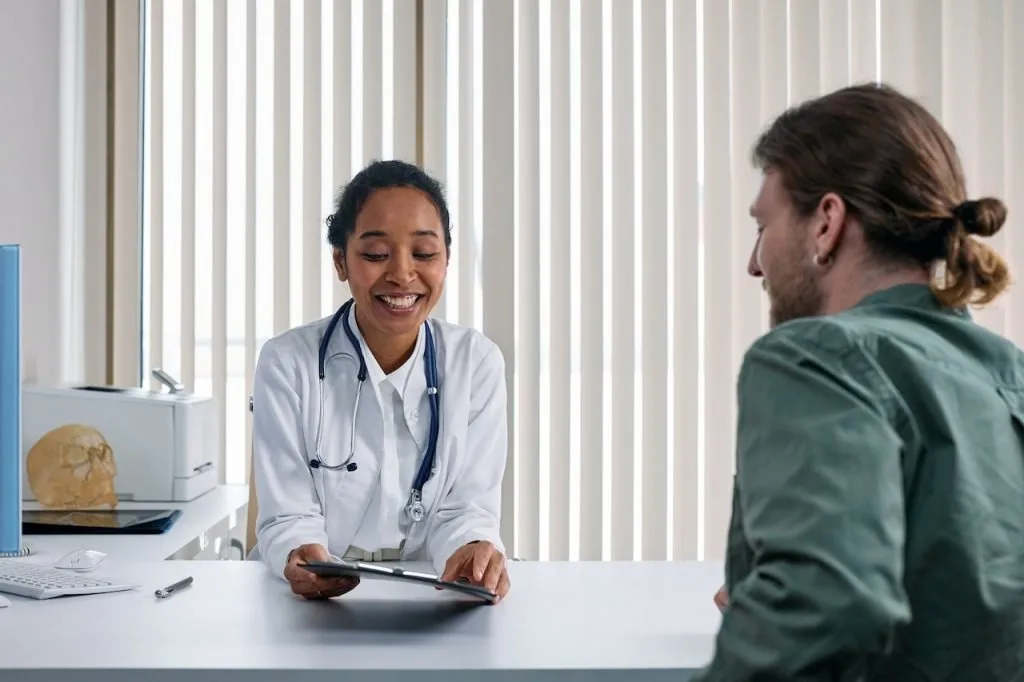
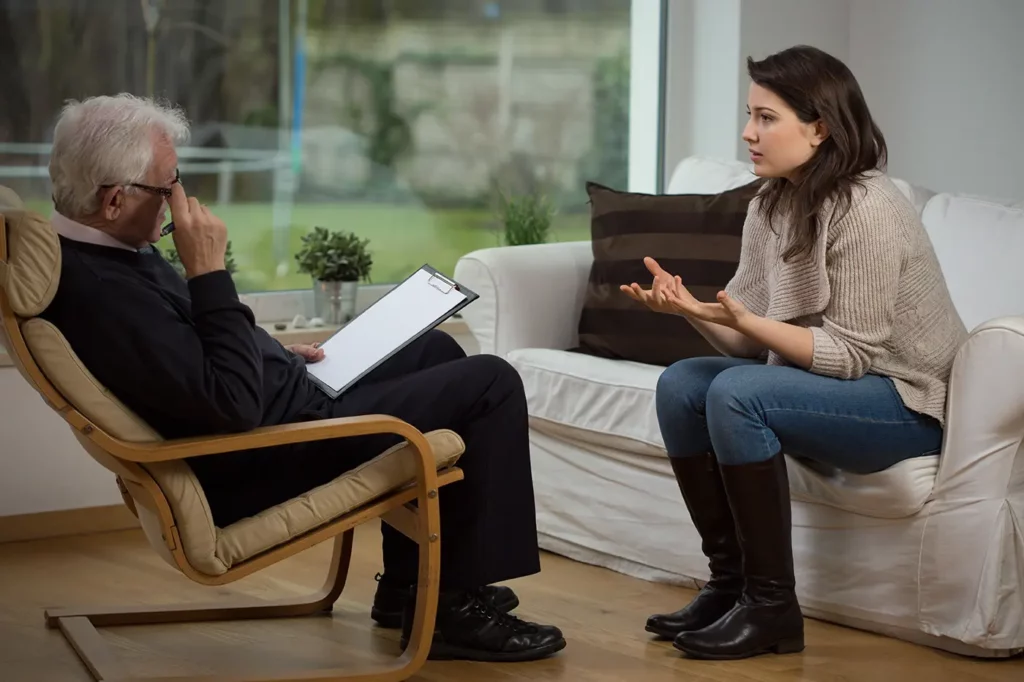


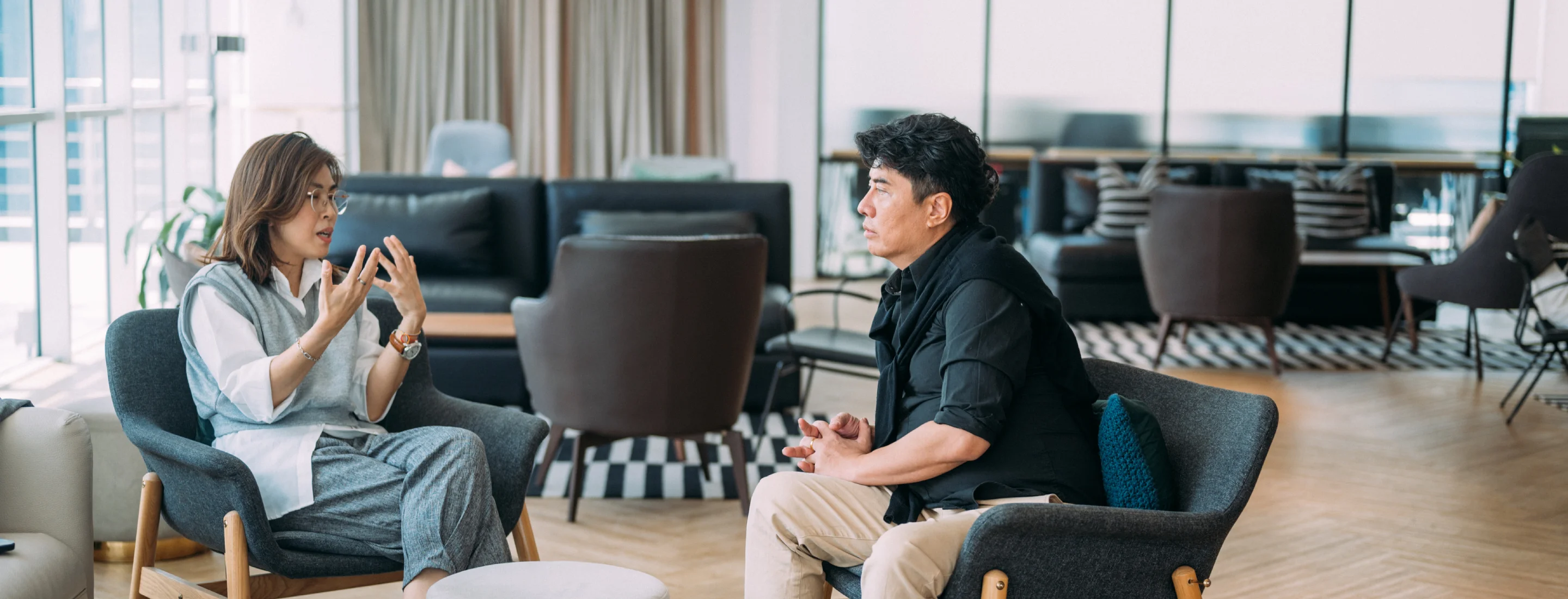
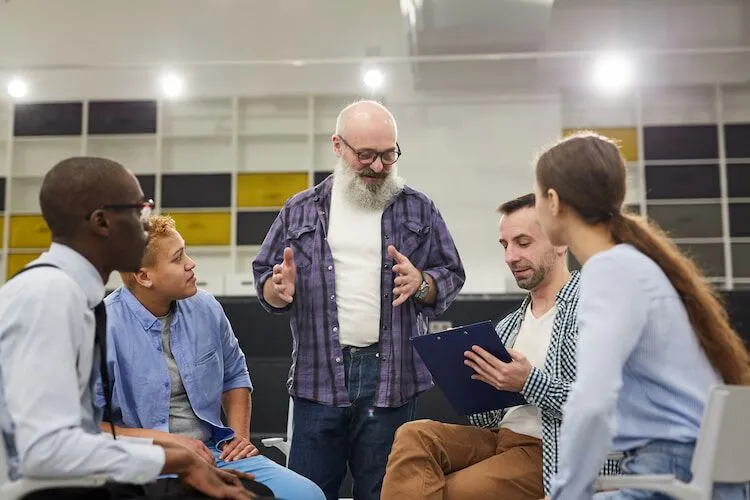
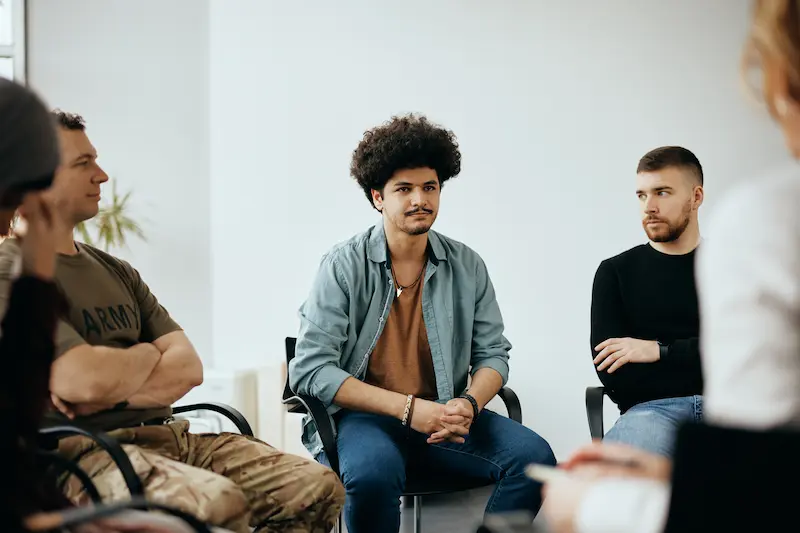


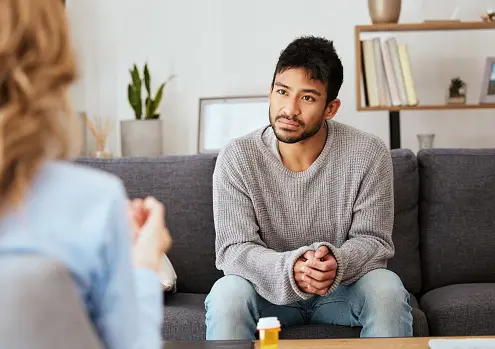




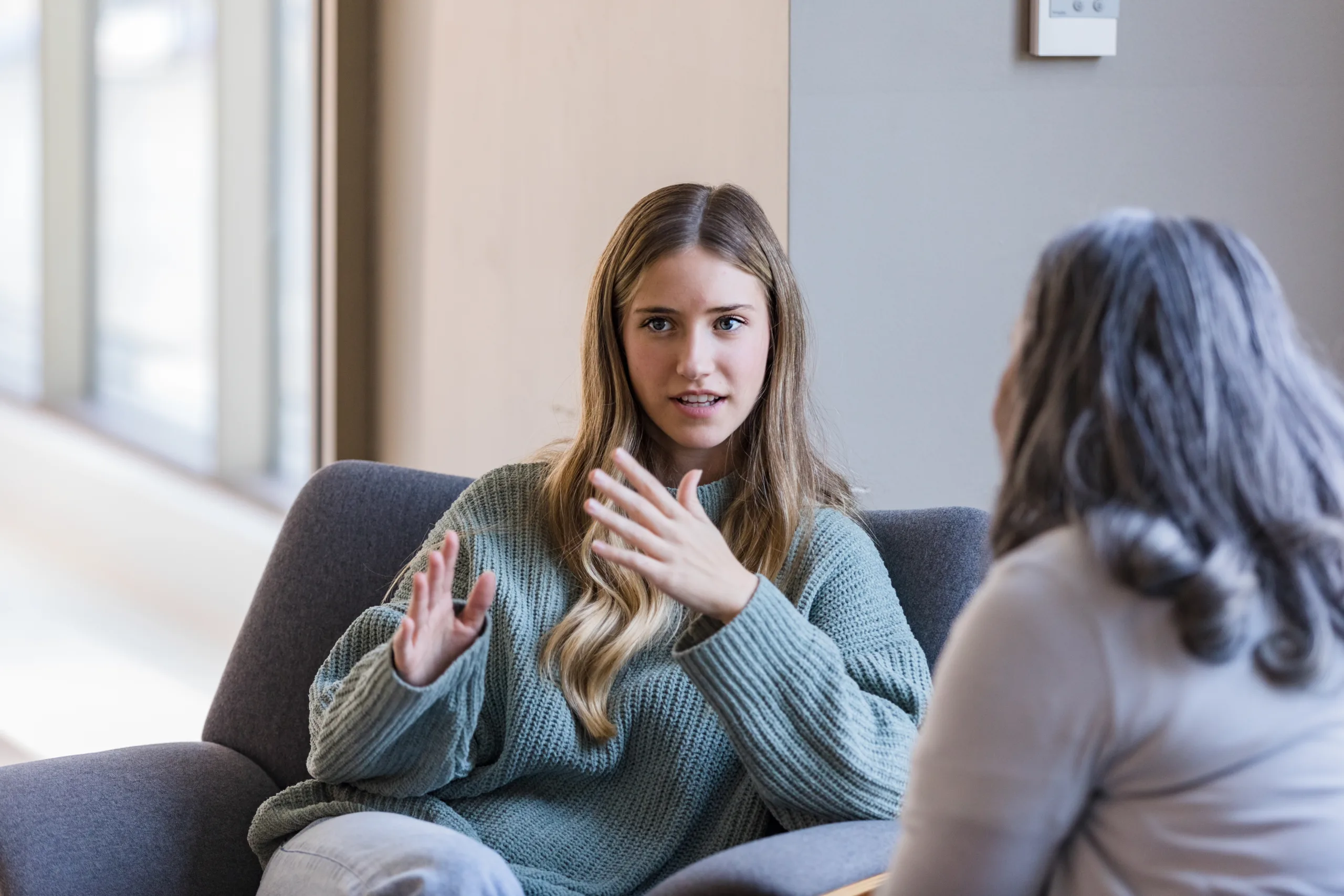
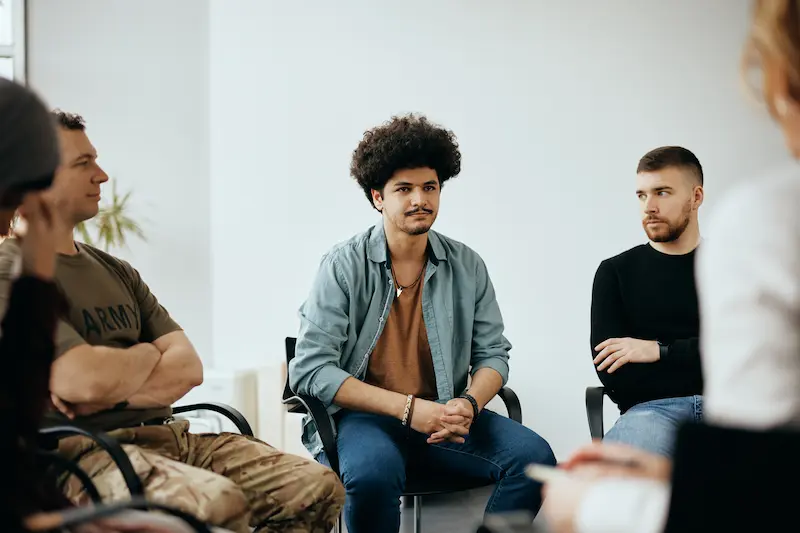

WestCare Georgia – Boggs Residential Treatment
WestCare Georgia - Boggs Residential Treatment is a therapeutic treatment program for adolescents ma...

Community Mental Health Services
Community Mental Health Services is a public rehab located in Girard, KS. Community Mental Health Se...

Pine Belt Mental Healthcare Resources
Pine Belt Mental Healthcare Resources - Cedar Street offers outpatient treatment for individuals wit...

AA – Alcoholics Anonymous
AA – Alcoholics Anonymous is a non-profit rehab located in Waynesboro, Virginia. AA – Alcoholics Ano...





































